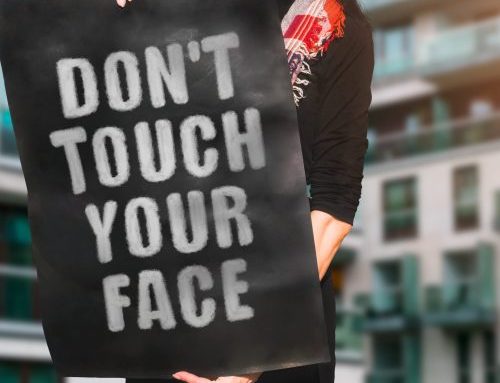Relationships are so regularly treacherous. No matter the person, when asked if there’s any current relationship that is weirdly painful, or strangely triggering, there is, more often than not, some relationship that comes to mind. It might be a person from slightly more of a distance, like a co-worker or professor/classmate, and it could be someone as intimate as a significant other, close friend, or family member.
Identify the relationship causing you stress
Maybe it’s a surprise that this one person came to mind because you didn’t think it was that big of a deal, or maybe it’s been a thorn in your side for a long time. Regardless, what’s clear is that this relationship strikes a vulnerable inner chord, violates what feels like a safety boundary, or maybe just irks you. The world around you chimes in, “She is so crazy,” or “He is unstable,” providing you less reassurance or comfort than you thought it would provide. So you continue to ask others for that reassurance that you’re not the one to blame. Or maybe you try to bring it up as little as possible to avoid shame or embarrassment because you fear that you actually are the root of the problem.
Identify the problem in this relationship
Jury’s out: you’re both part of the issue! In this world that’s filled with so many twists and turns, no one comes out unscathed. So, rather than bring you shame that you do in fact have something to own in that painful dynamic with that person, it’s meant to free you to realize you can in fact do something to make changes that will ultimately bring healing to you both. It’s not without cost – there’s a functional reason why you have kept this dynamic up. Maybe you’re scared of losing the relationship. Maybe you don’t want to leave the job and if you acknowledge how much this person impacts you, you might feel compelled to make a move. Or you might be used to having all the answers, and the emotionally or physically needy people you’ve surrounded yourself with give you a really good reason to neglect your needs.
Be curious in order to get to the root of the problem
Relationships aren’t meant to go awry. So when they do, it’s time to take an honest look at how you might enable certain behaviors in yourself or others. A counselor can help you find perspective on the relationship you’re struggling in. You might reckon that your perspective is ultimately right, but there’s less of a chance for that to be the case if you don’t look inward and take the time to actually know what the viewpoint is.
Take the time to evaluate the relationship causing you stress, and think about whether you’re ready to address it in an individual counseling session, or if it’s the right fit to do couples or family therapy. Read up on different therapists, and find someone who really can meet all your needs.







